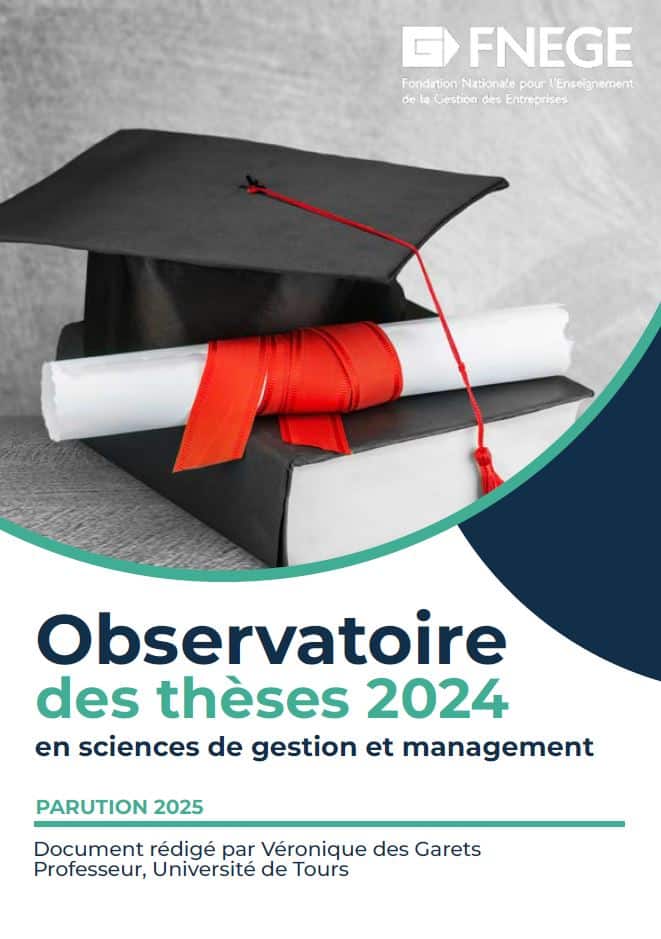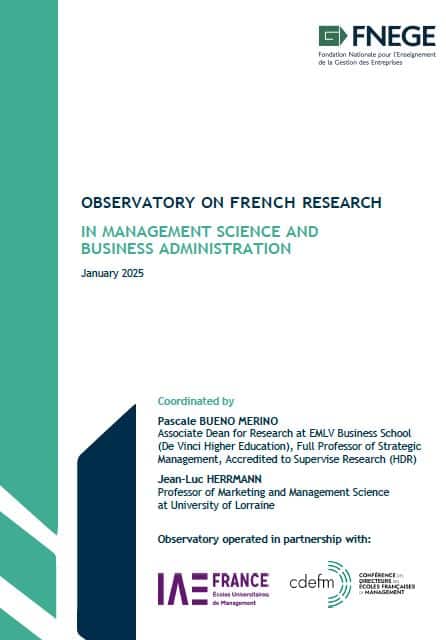- About
As a foundation, FNEGE promotes excellence in management education and research.
- News
Read the news and job opportunities of FNEGE network management schools.
Do you recruit? - Activities
Learn more about FNEGE activities, CEFAG programs, admissions tests and entrepreneurs-students program PEPITE France since 2014
- Certification & prizes
FNEGE values teacher-researchers in management science with certifications and prizes : books, remote educational tools, thesis and case studies.
- Consulting & Auditing
Learn more about ou anti-plagiarism commission and impact programs
- Publications
FNEGE publish on a regular basis studies and observatories on higher management education in France, realise every 3 years the management science journals ranking, and value researcher works on the videos and podcasts platform FNEGE Medias.



